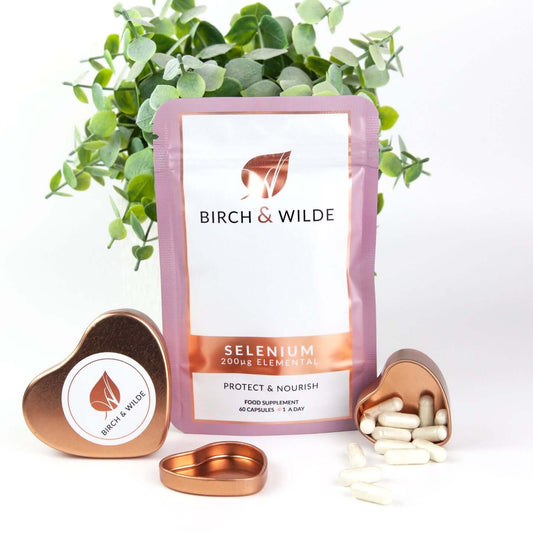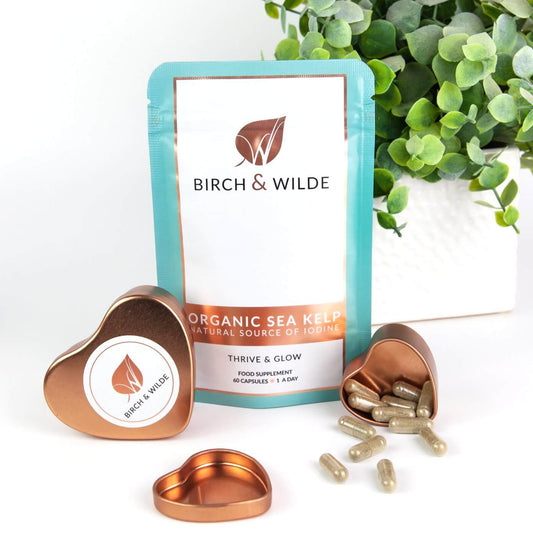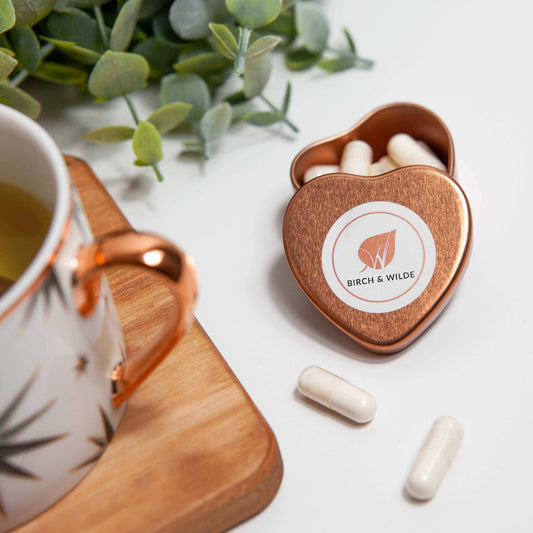PROTEIN POWDERS: What, Why and How?


I often get asked about Protein Powders. There is such a buzz about them in the media at the moment. The truth is than they can be really beneficial if used for a specific goal, and in the right way. So, here is a general overview to help any of you who want to understand a little bit more...
Protein powders are often heavily associated with regular gym goers, but they aren’t just for weightlifters and bodybuilders anymore. Thousands of people now use protein powders for things like maintaining or losing weight, getting much needed additional nutrients into their body, supporting themselves through building up their general fitness, and to boost their health and wellbeing overall.
Protein powders are usually used as the base ingredient for a protein shake or smoothie. Fresh or frozen fruit or greens are also often mixed in and then blended to individual needs. Often things like honey, nuts or seeds can also be added – you can get really creative! If you are curious as to how protein powder-based shakes can help you, then read on to find out.
What are Protein Powders? How do they work?
Protein powders are dried and concentrated extracts of whey, soy, hemp or casein (a milk-derived protein), although pea protein, egg protein and rice protein are also now being used more commonly.
They are packaged in powder form and sold in health food shops and regular supermarkets, as well as online and through various gyms, wellness centres and fitness related outlets. They are very easy to find and buy, but it is important to make sure that you buy the right powder for your needs.
Protein powders fundamentally allow you to boost your intake of raw protein while keeping calorie intake low. Proteins make up the ‘building blocks’ of your body structures. Your body needs a lot of protein daily to maintain, build, heal and repair cells and tissues, including muscles and organs. Every cell in your body requires proteins to function, so a steady protein intake makes sure that your body has a constant supply of ‘building materials’.
If you are eating a restricted diet, do a lot of exercise, or if you are healing from illness or surgery, then you may not be receiving enough protein through diet alone to be able to do this efficiently. Muscle tissue relies on the efficient replacement of protein to heal, to strengthen, to increase in mass, and to work at peak efficiency.
When doing intense exercise, the body needs an abundance of protein to flow to stressed muscles. Your body does do this by itself, but this process is helped and made more efficient by adding supplemental protein via a powder. Protein powders have been amazingly popular with weightlifters and body builders for some time for this very reason.
Dieters also regularly use extra protein in the easy form of a protein powder. This helps to make up for any shortfalls in protein intake due to eating a restricted diet. If they are exercising alongside their diet, it will also support the muscle tissue repair and development.
Additionally, protein is very filling, and because your body is receiving a steady source of nutrients it can really benefit a dieter by helping to reduce food cravings, “dieter’s fatigue,” and yo-yo-ing blood sugar.
Why Use Protein Powders?
As demonstrated above, although protein powders may have first grown in the weightlifting, fitness and body building worlds, the use of this ‘super supplement’ is not restricted just to these areas.
Protein powders and supplements can support you through many areas of your life, as we can see below:
Weight Management
If you are losing weight, a shake made from protein powder, milk and added fruit, nuts, seeds or veg can take the place of a meal a day. There are some specialist powders created with this in mind and they have some helpful additional ingredients like vitamins and essential trace elements. It’s really important to choose carefully if you are looking to buy protein powders or supplements for this reason. Always check the labels!
Powders can come in a variety of flavours, and their texture can be changed by what you add while crafting your smoothie. So they really can be tailored to your own personal taste. However, it is advisable to check for possible high sugar and carbohydrate content for flavoured powders - some may have increased amounts and this may be detrimental to your diet process.
Protein powder diets that rely on replacing all meals with shakes can restrict your intake of vital nutrients, including unprocessed nutrients. So, it is recommended that it is healthier to incorporate a protein shake as part of a wider balanced diet, and only replace a maximum of one meal a day for best results.
Dietary Support
Some vegetarians and vegans (and others who may be on a form of restricted diet) use protein powders to ensure they get enough protein. Soy and hemp derived protein powders are as effective as whey, and gives vegans other choices for protein shakes.
Muscle and tissue building
Body builders and athletes know (and love!) the value of protein. Protein powders provide the protein and nutrients needed for the muscle tissue that is undergoing heavy work through training. This allows muscle mass to repair and develop more rapidly, healthily and efficiently supporting their exercise goals.
Healing
After an injury or surgical procedure, your body needs more nutrients and protein than usual in order to repair and rejuvenate itself. Smoothies based on protein powders put critically needed protein (and additional nutrients if part of the powder) right where the body needs them – straight into the blood stream and ready for use. The benefit of the protein powder is that it this can be done quickly, easily and (perhaps most importantly!) while tasting great. It can therefore really help to facilitate a more speedy recover.
Choosing and getting the most out of your Protein Powder
In order to get the very best out of your protein powder, you will need to know what your goals are and why you want to use it. Are you a bodybuilder or athlete looking to boost muscle mass? Or are you a dieter needing to cut down calorie intake without losing vital nutrients? You might be recovering from an illness or surgery and trying to give your body all it needs to heal? Or perhaps you are a really active and athletic vegetarian that struggles to eat enough protein through diet alone?
Whatever your situation, protein powders can help you achieve your goals. Here are some tips for purchasing and using the right product:
Pick the right source for your needs
Protein powders are usually derived from either whey, soy, hemp or casein, meaning there are options for almost everyone available.
Many people find whey protein to work the best for them, as it dissolves rapidly and cleanly in milk and other fluids. It also contains all nine of the essential amino acids necessary to make up a nutritionally ‘good’ diet.
However, whey (milk based) protein may not be suitable if you are vegan, vegetarian or lactose intolerant. In this case, you can get all the benefits from protein powders by choosing a soy based powder as well as the relatively new hemp or pea based protein products.
Casein based powders are tasty and effective, but aren’t a good choice for people with lactose intolerance or milk allergies as, like whey, casein is a protein derived from milk. So, a soy or hemp based powder might be your preferred choice if this is the case.
Egg protein powders and rice protein powders are also becoming more readily available if that suits your needs and diet.
Ensure your protein powder isn’t high calorie or high fat
Always check the labels and nutritional values. Some mixes can contain a lot more sugar, fat or carbohydrate than you might expect. Often this is where the manufacturer has tried to add flavouring of some kind (but isn’t always the case).
If you are using protein powders to supplement your intake as part of a weight loss programme or a restricted diet of some kind, then this is especially relevant as it can counteract what the diet is doing for you.
As you might often use milk (or a milk replacement) to make a shake with, you should also be aware of the fat content of the powder to ensure that it isn't too high.
In general, too much sugar (even in the form of carbohydrate) or fat can a have a detrimental effect on your health, and sugar in particular can be a more severe issue if you suffer from blood sugar related conditions like diabetes. So, it is usually wise to try and avoid high sugar or high carbohydrate protein powders!
Protein Powders overall
It is generally good advice that protein powders should be used as an adjunct to your meal planning, not as a complete substitute. Many brands do include added vitamins, carbs, and even some small amounts of fat. However, most protein powders are designed to supplement a normal or low calorie diet, and not act as a substitute for healthy daily food intake.
Overall, protein powders can be really helpful, and to a large variety of people. They are quick, easy, convenient, and mostly have excellent nutritional values (just check the sugar and carbs!). They have definitely developed beyond the gym.
The main uses of protein powders now include fitness and athletics, balancing nutrient intake for dieting/special diets, supporting your body to heal more quickly, and boosting the growth of muscle mass. Protein based shakes and smoothies can really help to boost wellness and wellbeing and to support the development of good health habits overall.
P.S. Enjoyed our blog? You may like to take a look at our others:















